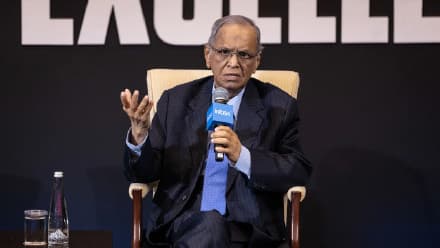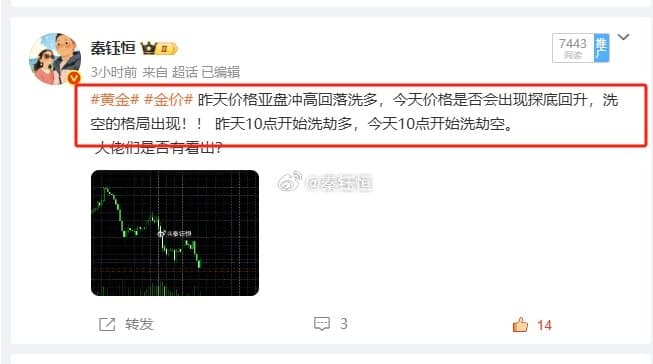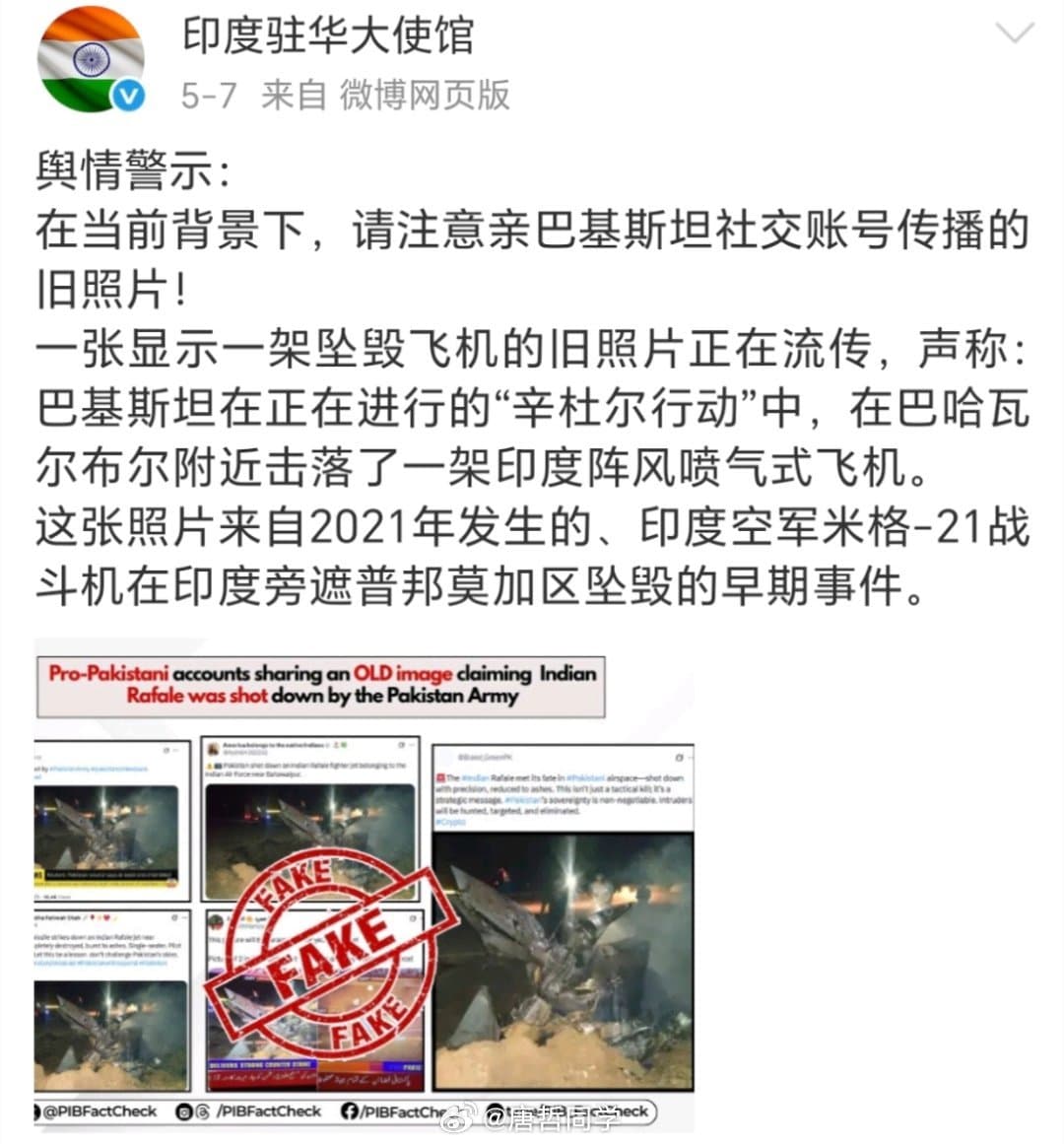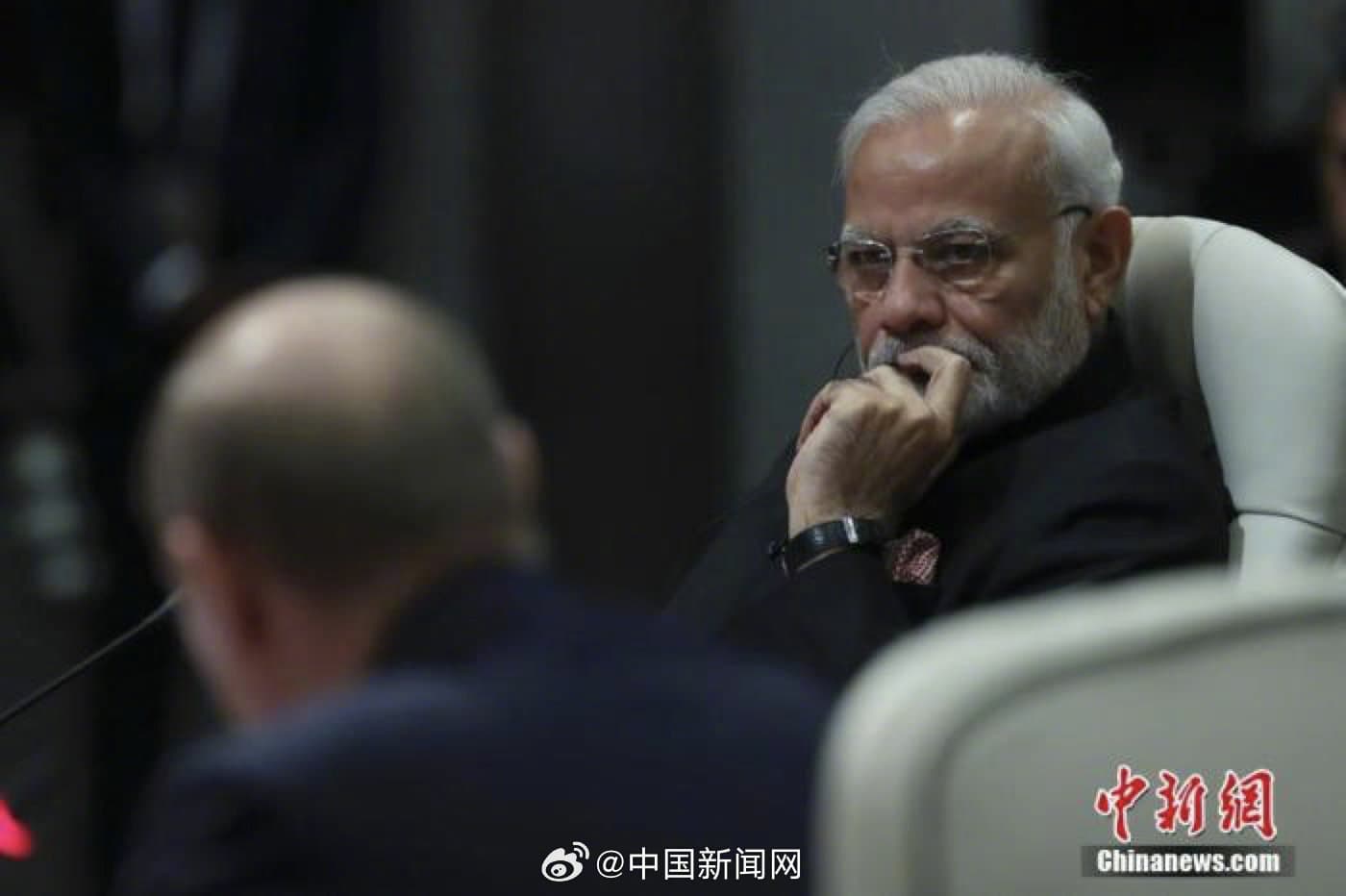Indian Billionaire's Long Hours Controversy Ignites Heated Debate on Weibo
Title: Indian Billionaire's Call for Long Hours Draws Heated Debate on Weibo

30 October 2023
In a recent video statement, a wealthy Indian tech entrepreneur who is considered the father of India's IT industry sparked controversy by advocating for young people to work 70 hours per week, claiming that they should not adopt Western habits and should contribute more to national development. These statements have triggered heated discussions on Chinese social media platform Weibo, with some netizens expressing support while others criticized the long-hour culture as excessive and potentially harmful.
The entrepreneur, whose wealth exceeds $40 million, asserted that Indian youth were not helping their country develop due to acquiring unfavorable habits from the West. He argued that young people should work 70 hours a week voluntarily, without mentioning any specific salary details. This remark has raised concerns among netizers about the welfare of employees and the feasibility of such extensive working hours, with some expressing concerns about overwork leading to health problems and burnout.
This is not the first time that a prominent figure has promoted long work hours in India. Ten years ago, Jack Ma, the founder of Alibaba Group, made similar statements. In his speech at the World Economic Forum's Annual Meeting of the New Champions in 2013, he shared his perspective on working hard and staying hungry, famously saying that successful entrepreneurs should work 996 hours a week, or about 72 hours more than the standard 40-hour workweek.
On Weibo, netizens have been sharing their thoughts about these remarks. Some have defended the long-hour culture, arguing that it reflects the industry's standards and is necessary for maintaining competitiveness in a globalized economy. Others, however, have criticized such expectations as unreasonable and unsustainable, especially when there is no mention of compensation or benefits to support employees' well-being.
The average working hour per week in China, according to some netizens' comments on Weibo, is 48.7 hours, which they consider as the "industry morality." Nevertheless, some industries have higher working hours than others, and these long hours have raised questions about labor rights and the need for appropriate compensation and benefits for workers.
An accident involving a 15-year-old girl who illegally carried passengers and ran a red light in China has also been attracting attention on Weibo. The police's seemingly lenient attitude towards this incident further fueled discussions about labor rights, work ethic, and the consequences of long working hours in high-pressure environments.
While some netizens expressed positive feelings towards their former company mentioned by the entrepreneur, others have criticized the system of exploiting lower-level employees and raising it to an art form. The mention of international status and the absence of overtime pay norms have also sparked debates about labor standards in different countries and their relevance to national development.
In conclusion, the Indian billionaire's call for young people to work 70 hours per week has stirred a heated debate on Weibo, bringing up issues such as competitiveness, welfare of employees, and labor rights. The reactions from netizens highlight the diverse views towards the long-hour culture in various industries, underscoring the need for balanced approaches to national development that prioritize worker well-being and fair compensation.




